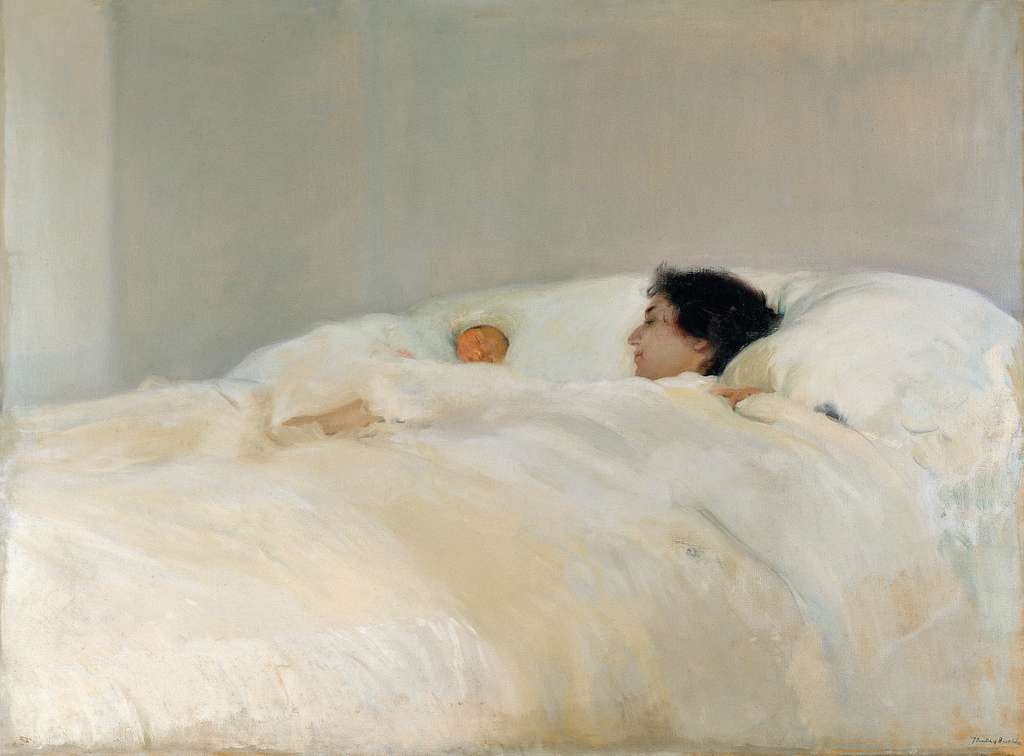On the other side
will I see them again?
What a reunion
with all my seven men.
Awkward,
I imagine.
Do I really want
to meet all of them again?
On the other side
whose will I be?
Can there be fights
Over There?
And if not: how else
will we solve it?
Whose
do I really want to be?
On the other side
what will we do?
Won't they expect me
to serve them as I did,
housework and cooking
and childcare and sex
for ever and ever?
What do I want to do?
On the other side
I think I'd like to be free.
To do what I want.
To belong just to me.
On the other side
I'd like no more pain,
no more loss, no more grief,
no more conflict or shame.
You say
on the other side
He'll call me by my name,
no longer wife of a man,
mother of a son,
daughter or sister
but me.
You say
on the other side
all I need to know
is I am His,
and He wants to be mine.
You say
on the other side
all will be new
and all will be changed.
The other side
is still shrouded in mystery
but I am not afraid
because Love is there.
And Love will take me by the hand
across
into the mist,
and I will trust
all shall be well
on the other side
with You.
____________________________________________
[27. Jun2 2023]
The Sadducees try to trick Jesus with a question. They don't believe in the resurrection, so they try to show how ridiculous the idea is by telling the story of a hypothetical woman who got married 7 times (through the custom of levirate marriage). Who will be her husband after the resurrection?
Jesus' answer is that they have a completely wrong idea of what resurrection / "life after death" mesans. What they are rejecting is not actually that which Jesus means when he speaks of eternal life. Eternal life does not mean living on just as we do now. It will be completely different, marriage won't be a thing anymore. And while writing from the woman's perspective I considered what that would mean for her (a woman experiencing marriage in a patriarchal setting and 7 times not being allowed to choose who she wanted to spend her life with!).
To what extent do we still view "life after death" the way the Sadducees do, as an "extension" of life on earth, which (sometimes problematic) things from our human cultures "carried on" to eternity? The things we know and are comfortable with now are not good for everyone. God has promised us a new creation where there will be no more tears, no more pain, no more grief - and for that to happen, some things that we take for granted now must fall away. And that's not comfortable, because that makes it way harder to picture what it will be like.
Jesus does not tell us what happens to the wife of the seven husbands - he does not give a concrete picture of eternal life in this conversation with the Sadducees. All he says is: there is a resurrection of the dead because God is a God of the living, not the dead. Through the love of God, God choosing us, God taking us by the hand, we can have eternal life. That is all we need to know: that God is there, that God's relationship with us is what will "carry us across". Which also means: if we get to know and love God now, then the unknown won't have to be so scary. Because we won't have to go into it alone. And it's not completely unknown anymore, because we have someone we know there: God.
Picture: Alphonse Osbert


